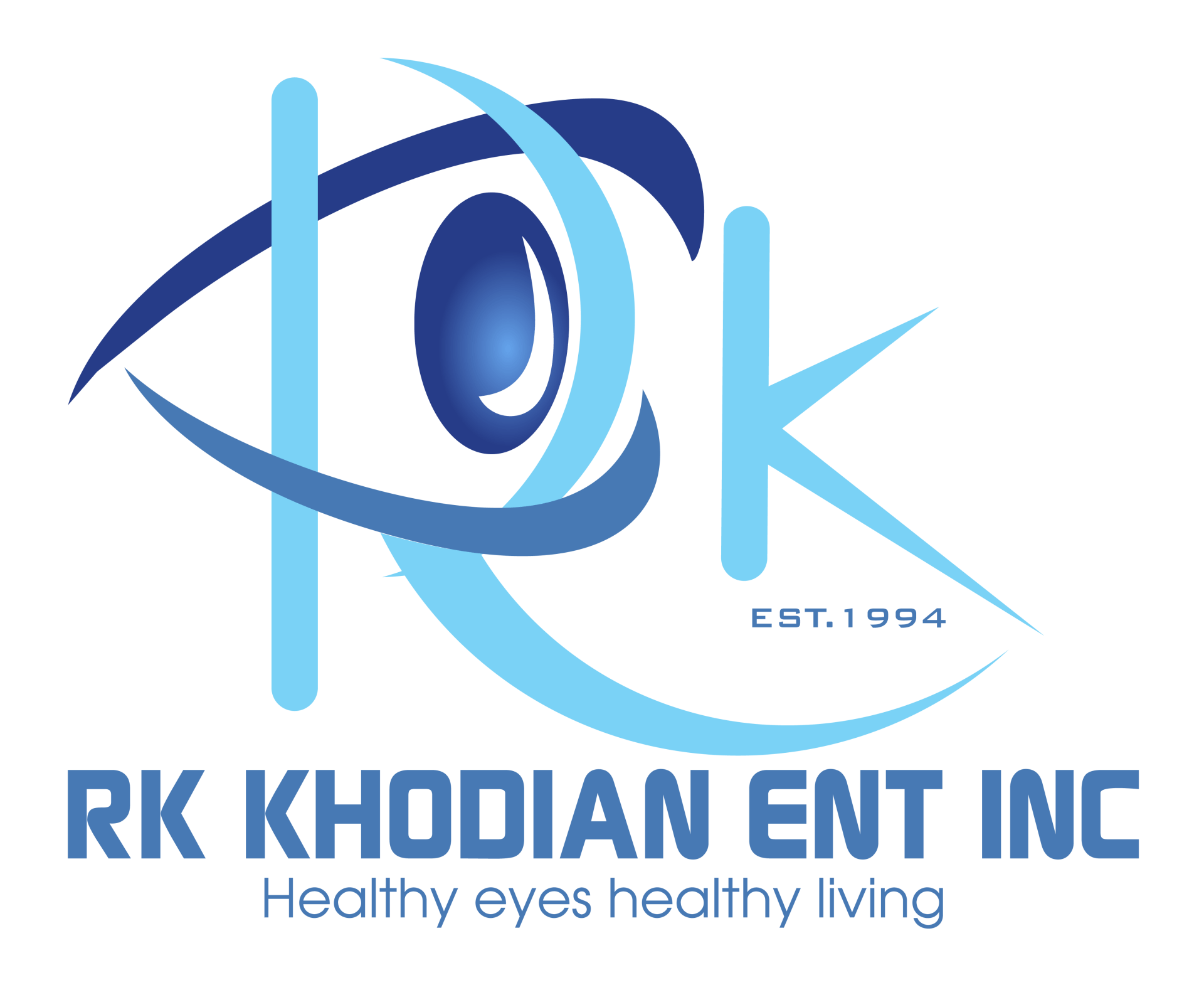
Age-related macular degeneration study results
-
Why choose Tebs Vitamins?
TEBS Eye Formula For Macula Support AREDS vitamins are formulated with:
(Serving Size - 2 capsules)
Vitamin C.............................600 mg
Vitamin E.............................400 IU
Zinc......................................80 mg
Copper.................................2 mg
Lutein.................................. 10 mg
Selenium Methionione.......200 ug
Zeaxanthine..........................2 mg
Studies show that these particular micronutrients if taken in high doses, are effective supplements that preserve vision. Get connected and get your eye vitamins today.
At Tebs Vitamins, we care about the longevity of your well-being. As we age, it becomes more important to take care of your health, especially your eye health. Age-Related Macular Degeneration can put our vision in jeopardy, therefore, with our vitamins, you can combat AREDS2 by slowing down its progression.
-
Have a question?
Who can I contact to talk to a representative?
Phone: 727-944-2013
Email: info@tebsvitamins.com
Business hours: Monday - Friday 8am - 4pm EST
Contact form: If you choose to use our contact form, please make sure to include your first and last name, primary phone and email address, and a detailed message about your inquiry. Here on our site, you can see what we have to offer. Our easy-to-use checkout makes the purchase of TEBS eye vitamins and shipping a breeze.
What payment types do you accept?
We accept all major debit and credit cards, including but not limited to American Express, Paypal, Visa, Discover, and Mastercard. For your security, we do not accept phone orders and we NEVER have access to your credit card information. Please visit TEBS vitamins to place your order online.
How can I pay for my order?
You can pay for your order through our payment portal safely and efficiently. Payment is simple, simply follow the check-out instructions once you choose the product you are interested in purchasing. Our easy-to-use checkout makes purchasing TEBS vitamins products a breeze.
What to do if my order is damaged?
We apologize if you have received an order that was damaged. If you are not satisfied with your order, please contact our customer service team by emailing us at info@tebsvitamins.com or call 727 944 2013
What is the status of my order?
We usually ship out your vitamins the next business day and we are closed on the weekends. You will receive an email with your delivery confirmation and USPS tracking number. You will be able to track your package using USPS Tracking.
Is my information secure on this website?
Yes, we do NOT sell your information to any third parties. Our website is 100% secure and we only ask for your contact information, such as phone number and email, so that we can contact you about your order only if there is an issue with your order. We do not require any other additional information such as social security numbers. At check-out, we require credit card information for payment processing. This information is also secure and you are able to use either MasterCard, American Express, PayPal, etc. We accept all major credit and debit cards for the purchase of TEBS eye vitamins.
Can you tell me more about TEBS Vitamins?
At Tebs Vitamins, our goal is to give you the best supplements so you can live your healthiest, well-balanced life. Our TEBS vitamins will improve your wellness inside and out! TEBS Eye Formula for Macula Support AREDS 2, and TEBS Total Eye and Body Support. These products have seen great results in age-related eye disease studies and are filled with antioxidants that help support your body. We only source our vitamins from trusted manufacturers, so you can be sure you are getting effective health products that are of the highest quality. Dr. Reeves has always had a special interest in vitamin and mineral supplements and in the late 1980s was recommending extra zinc to his patients with macular degeneration because of the studies showing potential benefits. As Dr. Reeves researched more and more clinical studies about supplements, it became apparent that there were a number of vitamins and minerals that could be beneficial for both the eyes and body. As Dr. Reeves began to recommend additional supplements to his patients, he realized how cumbersome and expensive this was becoming. In 1996, he decided to have his own product made based on clinical research and affordability. That year, Dr. Reeves founded Helthyiz International, Inc and with collaboration from a retina specialist and a pharmacist, Dr. Reeves formulated his product TEBS® Total Eye & Body Support.
Are there any other options to pay for an item?
You have two options on how you can purchase TEBS products. You can use our secure online payment system, or print our order form from our website and send out a check or money order to the address provided on the form, after your payment is received, we will ship out your vitamins to the address you have provided us.
For your personal security, we do NOT accept credit card payments over the phone.
What are your prices?
Please review our pricing list to get full details on all product pricing on our website.
info@tebsvitamins.com
Online business only
All Rights Reserved | RK Khodian Ent Inc



